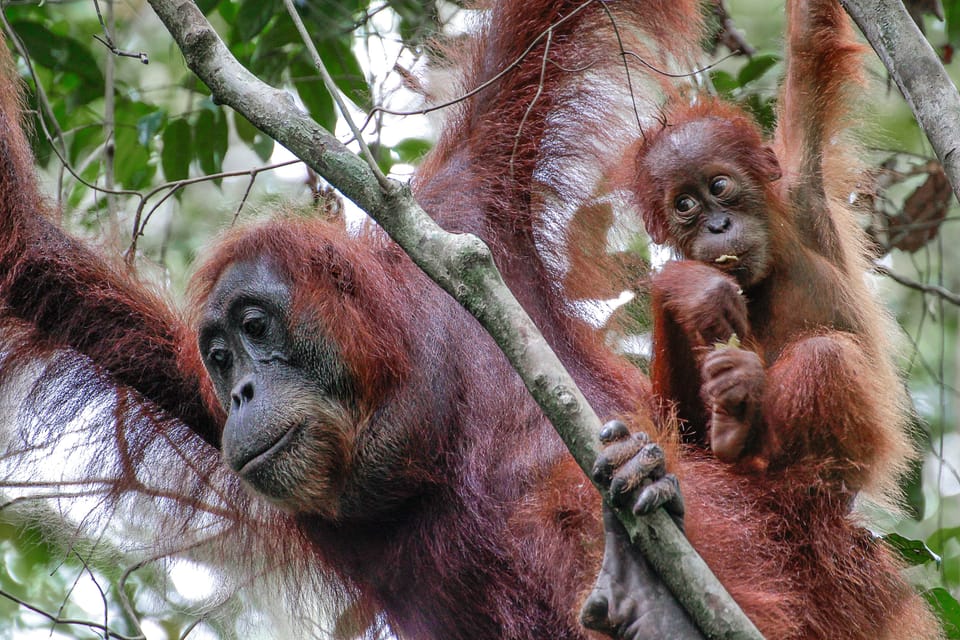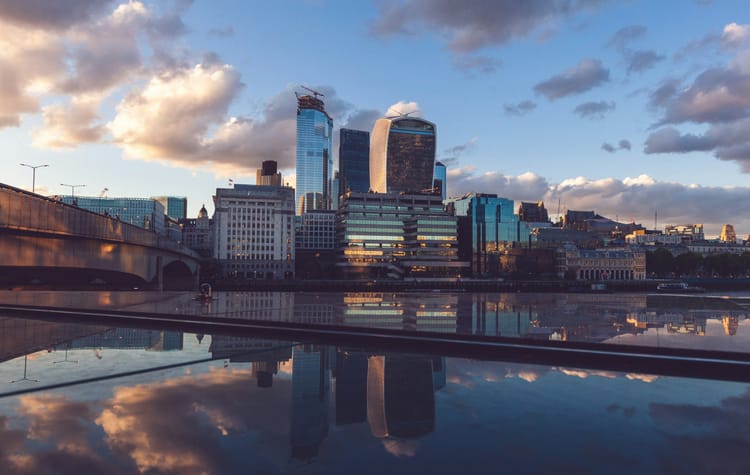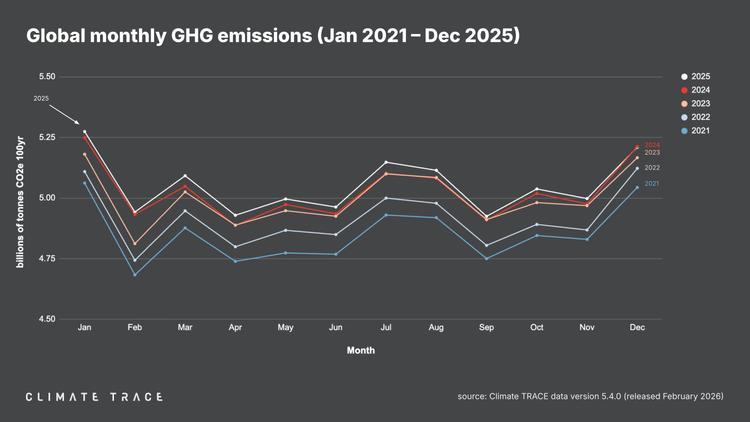Major brands join forces to protect Indonesia biodiversity-rich area from deforestation
Aceh is home to endangered elephants, tigers, rhinos, and orangutans.

Consumer brands including Mars, Nestlé, PepsiCo and Unilever have joined a working group to support deforestation-free palm oil production in Aceh, Indonesia.
The Aceh Sustainable Palm Oil Working Group, launched earlier this month in Indonesia, aims to support the production of deforestation-free, smallholder-inclusive palm oil in the Aceh Province – a biodiversity hotspot in the north of Sumatra Island.







